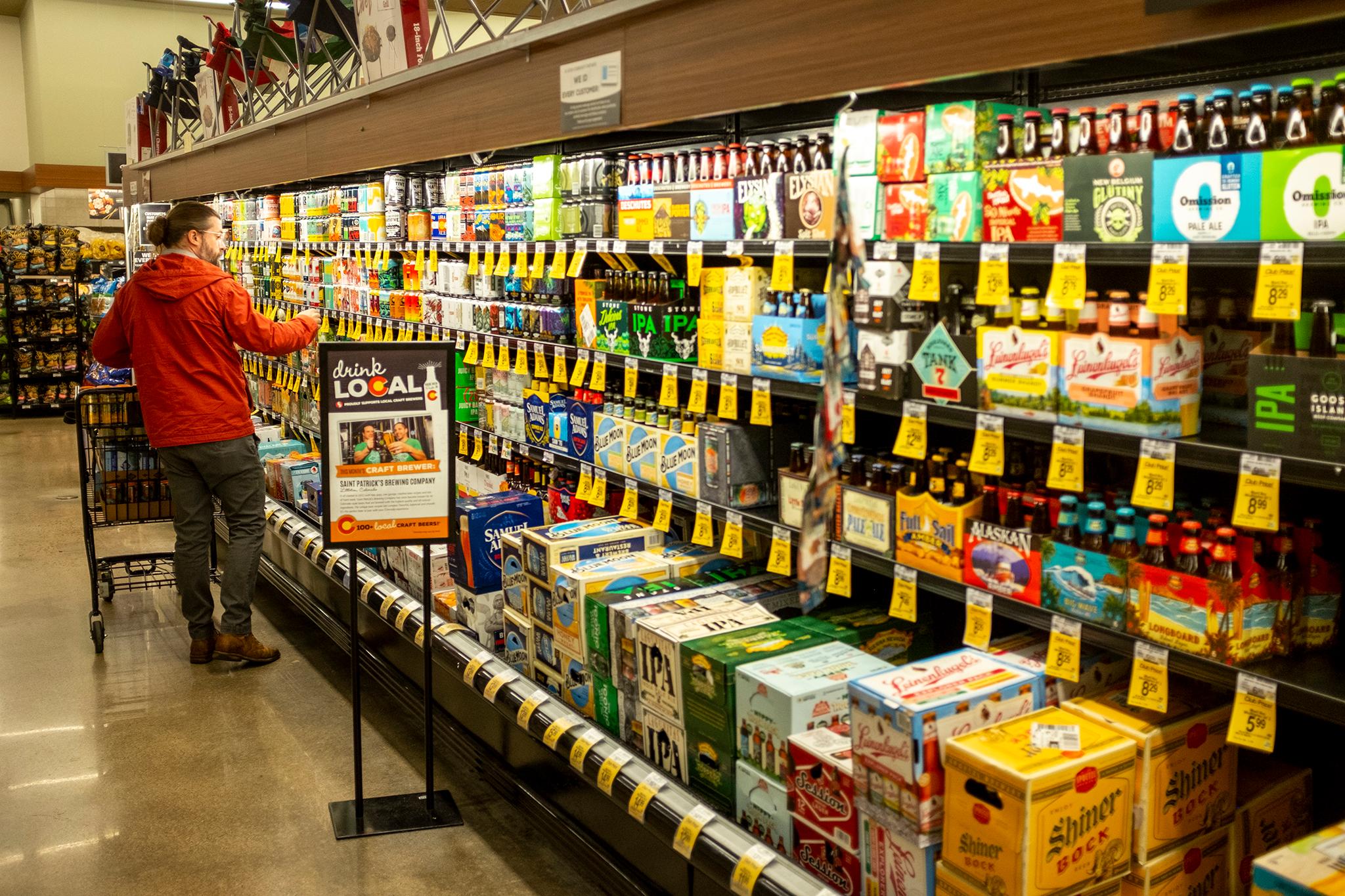?️ Denver Election Guide 2021: Links to info about ballot initiatives in Denver and Colorado, school board candidates and general voting questions are all right here.
This proposal would lower the city's sales and use tax and cap it at the reduced rate.
Here's the language you'll see on the ballot:
Shall the voters of the City and County of Denver adopt an ordinance reducing the total sales and use tax levied in the City and County of Denver from 4.81% to 4.5%; setting the aggregate total sales and use tax levied at 4.5%; and requiring that if at any election the people of the City and County of Denver pass a special sales and use tax that exceeds the aggregate 4.5% the City must adjust the existing tax levy to comply with the 4.5% aggregate?
How would it work?
By voting yes, you are agreeing to lower the city's sales and use tax from 4.81% to 4.5% (a .31% reduction), and capping it at the reduced rate. So this would impact how much you end up paying in additional taxes whenever you buy stuff anywhere in the city (and online). Voting no would mean keeping the city's sales and use tax at 4.81%.
Who's for it and who's against it?
Signature collection for this ballot measure was started by Garrett Flicker, chairman of the Denver Republican Party. He believes the measure would help low-income residents, since he believes they end up disproportionately impacted by higher sales taxes. He called it "a much-needed break" for low-income residents.
This measure is opposed by both Mayor Michael Hancock, a Democrat, and the Denver City Council. The latter formally stated its opposition to the measure by unanimously passing a proclamation saying it was bad for the city. That's Hancock's reasoning, too: Basically, elected officials say passing this measure will have a crippling effect on the city's finances. By lowering the amount of money the city collects through sales tax, city lawmakers believe it will directly impact the city's ability to pay for services including road repairs, park maintenance and services for people experiencing homelessness.
Hancock voiced his opposition to this measure while announcing his 2022 budget proposal, calling it a "threat" to the city's recovery. That's how much he opposes it; he's personally asking voters to vote no on this measure. He believes it could cost the city up to $80 million in tax revenue in 2022. Hancock's proposed 2022 budget is based on the city having a 4.81% sales tax.
Political committee No on 304 - Keep Denver Strong opposes it.













